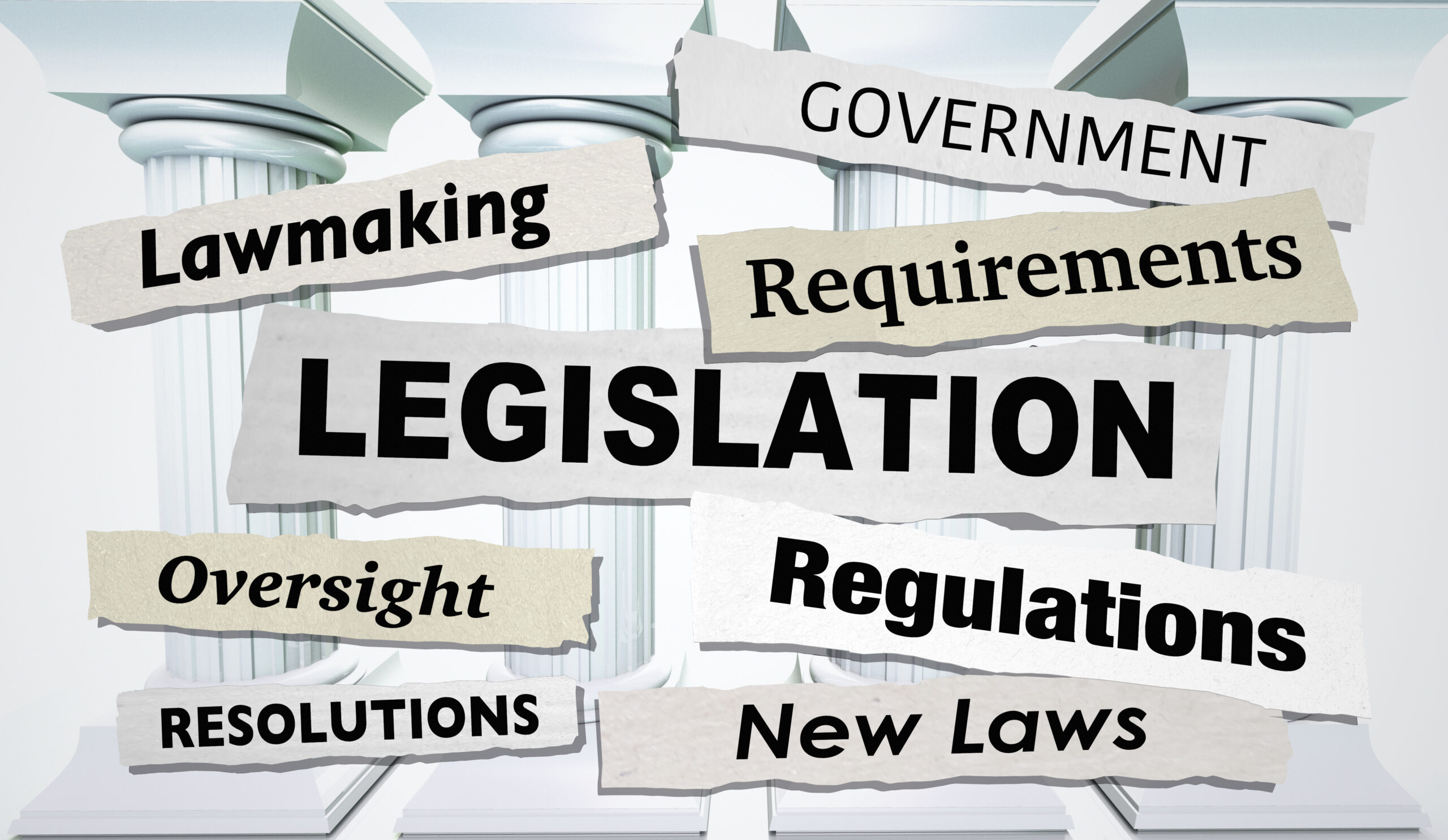Like last year, 2023 was a stellar year for housing legislation in California. Last week, Governor Gavin Newsom signed into law more than forty-five bills related to housing and housing production. Below is a brief overview of thirteen housing bills signed by the Governor becoming effective January 1, 2024, relating to the State Density Bonus Law, housing policies, and parking.
Density Bonus Law Updates
- AB 1287 (Alvarez) Additional Density Bonus Layer. This bill adds another density bonus layer option to the State Density Bonus Law. If additional very low income or moderate income units are provided, a project is eligible to receive up to an additional 20% to 50% density bonus on top of the base density bonus, provided no more than 50% of the total units would be restricted as affordable. In addition, this bill alters the definition of “maximum allowable residential density” to mean the greatest number of units allowed under the zoning ordinance, specific plan, or land use element of the general plan, or, if a range of density is permitted, the greatest number of units allowed by the range. This bill clarifies that a local government is not prohibited from requiring reasonable documentation to establish eligibility for a requested density bonus and parking ratios. This bill also authorizes up to four incentives or concessions for projects that include at least 16% of the units for very low income households or at least 45% of the units for moderate income households in for sale projects.
- SB 713 (Padilla) Development Standard Definition Adjustment. This bill amends the definition of “development standard” to include regulations adopted by a local government or enacted by the local government’s electorate. SB 713 codifies a recent technical assistance memorandum from the Department of Housing and Community Development (“HCD”) that explicitly re-states existing law, that local governments cannot impose standards that stop state density bonus projects from moving forward.
California Environmental Quality Act (“CEQA”)
- SB 423 (Wiener) SB 35 Extension and Expansion. This bill extends SB 35 (2017, Wiener), which is currently set to expire January 1, 2026, and expands its applicably, including into the coastal zone. A more robust overview of SB 423 can be found here.
- AB 1449 (Alvarez) 100% Affordable Housing Exemption. This bill, until January 1, 2033, exempts 100% affordable housing projects from CEQA. While there are other tools available to make 100% affordable housing projects ministerial and not subject to CEQA, e.g., SB 35 (2017, Wiener), there are no workforce standards tethered to AB 1449.
- AB 1633 (Ting) Housing Accountability Act Protection Extended to CEQA Review. This bill would expand the Housing Accountability Act’s definition of “disapprove the housing development project” to include any instance when a local agency fails to issue an exemption, fails to adopt a negative declaration or addendum for the project, or certify an environmental impact report or another comparable environmental document. This bill also clarifies “that attorney’s fees and costs shall rarely, if ever, be awarded if a local agency, acting in good faith, approved a housing development project.” The bill’s provisions sunset January 1, 2031.
Accessory Dwelling Units (“ADUs”)
- AB 976 (Ting) No Owner-Occupancy Requirement. This bill makes permanent an existing prohibition to imposing an owner-occupancy requirement on an ADU that sunsets January 1, 2025.
- AB 1033 (Ting) ADU Condominiumization. This bill allows a local jurisdiction to permit condominiumization and sale of ADUs separate from the primary residence.
- AB 1332 (Carillo) Pre-Approved ADU Plan Sets. This bill requires jurisdictions, by January 1, 2025, to develop a program for the preapproval of ADU plans. This bill also requires local governments to approve a detached ADU project utilizing preapproved plans within thirty days.
Housing Policies
- SB 439 (Skinner) Priority Housing Development Projects. This bill would allow a party to bring a motion to strike any part of a pleading in a lawsuit challenging approval of a priority housing development project within sixty days of service of the complaint or administrative record. A “priority housing development” is defined as a 100% low income affordable project.
- AB 1218 (Lowenthal) SB 330 Amendments. This bill tweaks SB 330 (2019, Skinner) extending the protected unit demolition and replacement controls, which currently only apply to housing development projects, to projects that are not considered housing developments. This bill would also place the restrictions on demolition of protected units and replacement requirements into separate provisions (Government Code Sections 66300.5 and 66300.6) that will apply permanently. Those controls would otherwise become inoperative on January 1, 2030.
- AB 1485 (Haney) State Intervention in Actions Involving Violations of Housing Laws. This bill grants the Attorney General and HCD an unconditional right to intervene in any lawsuit filed over a potential violation of an enumerated list of state housing laws, including, among others, the Housing Accountability Act, Housing Crisis Act of 2019, and the Density Bonus Law.
- AB 572 (Haney) HOA Assessment Limits for Affordable Units. This bill places a cap on assessment increases a condominium homeowners association (“HOA”) could impose on a deed-restricted affordable unit, subject to certain exceptions. A more robust overview of AB 572 can be found here.
Parking Controls
- AB 1308 (Quirk-Silva) Parking Requirements for Single-Family Homes. This bill prohibits a local jurisdiction’s ability to increase the applicable minimum parking requirements that applies to a single-family residence as a condition of approval of a project to remodel, renovate, or add to a single-family residence, provided it does not cause the single-family residence to exceed any maximum size limit imposed by the applicable zoning regulations, including, but not limited to, height, lot coverage, and floor-to-area ratio. This bill complements AB 916 (2022, Salas), which prohibits cities from requiring a public hearing as a condition of reconfiguring space to increase bedroom count within an existing dwelling unit.
- AB 1317 (Carrillo) Unbundled Parking for Residential Property. This bill requires landlords to “unbundle” parking costs from rent for leases or rental agreements for residential property in Alameda, Fresno, Los Angeles, Riverside, Sacramento, San Bernardino, San Joaquin, Santa Clara, Shasta, and Ventura counties, commencing or renewed on or after January 1, 2025.
Authored by Reuben, Junius & Rose, LLP Attorney Justin A. Zucker.
The issues discussed in this update are not intended to be legal advice and no attorney-client relationship is established with the recipient. Readers should consult with legal counsel before relying on any of the information contained herein. Reuben, Junius & Rose, LLP is a full service real estate law firm. We specialize in land use, development and entitlement law. We also provide a wide range of transactional services, including leasing, acquisitions and sales, formation of limited liability companies and other entities, lending/workout assistance, subdivision and condominium work.





